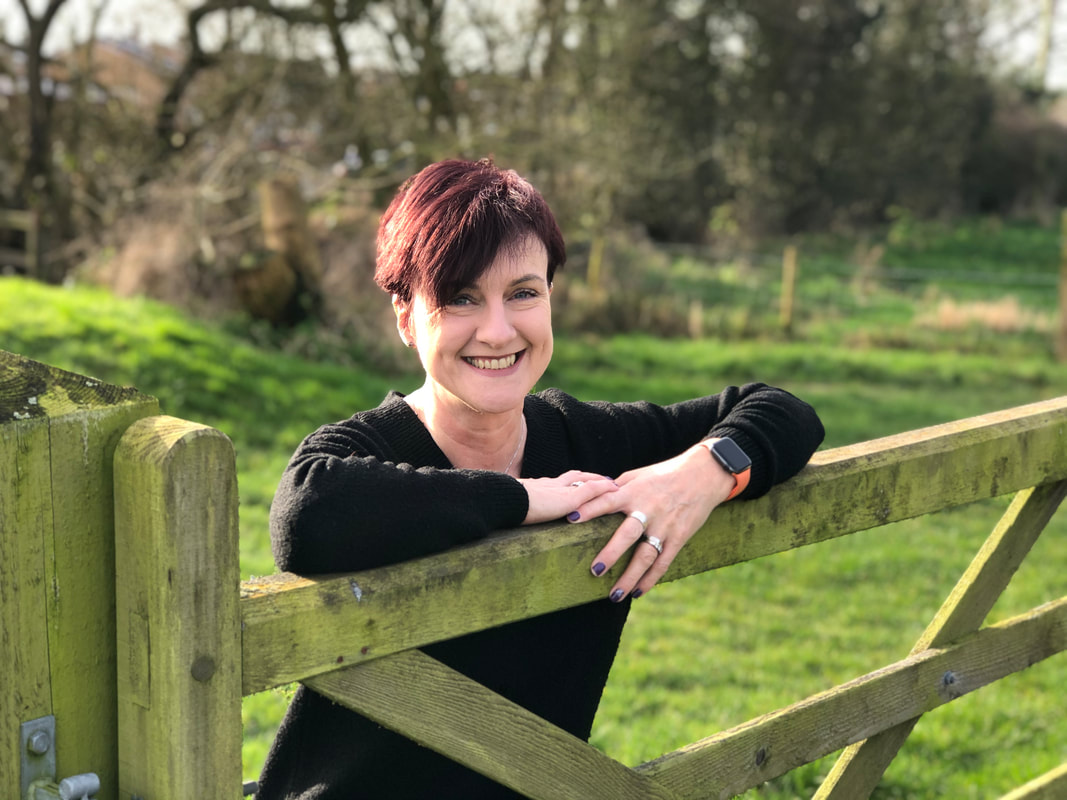|
Sometimes, the thought of long, dark days can make us feel down or sad. Getting out in the fresh air is a good way to connect with nature which can help to create greater well-being and improve mental health. Eco-therapy is a approach that combines talking therapy with being outdoors. It's not hard or difficult exercise, but a walk through the wonders of nature whilst talking to a professional counsellor outside of the constrictions of everyday life. Eco-therapy sessions are adapted to suit the individual, so less able-bodied people can also take part. If you would like to know more please contact me for a chat.
0 Comments
|
Joanne Vogel BlogThis blog page all about counselling. Archives
January 2022
Categories |
|
T: 07446 810549
E: [email protected] Please note: I will not answer my phone during counselling sessions, if you need to change an appointment or wish to arrange one, please text me, email or leave a voice mail I will get back to you at the earliest opportunity.
Web design: Joanne Vogel Counselling 2022
I provide counselling services in areas including Gnosall, Stafford, Telford and all surrounding villages and areas.
As well as face to face therapy I also offer Eco therapy, Online therapy such as Zoom counselling therapy as far afield as London, Manchester, Leeds, Birmingham and indeed the whole of the UK |


 RSS Feed
RSS Feed
